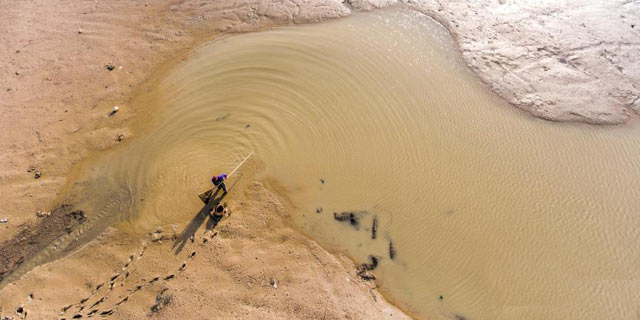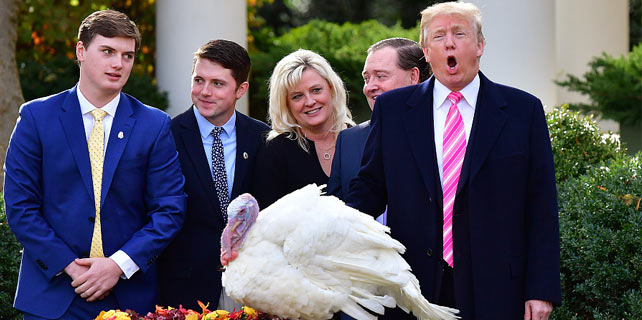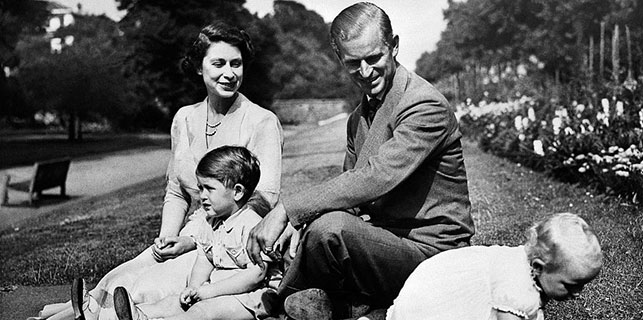Hariri's delay offers chance of stability
BEIRUT - Lebanese Prime Minister Saad Hariri's decision to postpone his resignation has provided Lebanon with the chance to maintain political stability, with Hezbollah showing pragmatism and the possibility of compromise, analysts said.
When Saudi TV news channel al-Arabiya broadcast a recording of Hariri announcing, in Riyadh on Nov. 4, his decision to step down as prime minister, Lebanon's one-year-old government was once again plunged into uncertainty.
A year prior, on Oct. 31, Michel Aoun was elected Lebanon's president, officially ending two and a half years of presidential vacuum and political stagnation.
The new government established by Hezbollah-backed Aoun and the Sauditied Hariri promised to maintain a "national accord", and de-escalate the political rivalries halting advancements in the country.
Hariri's resignation announcement three weeks ago was a strong departure from his repeated promises to maintain political unity. His aggressive rhetoric calling for Iran and Hezbollah to step away from regional affairs stirred up widespread rumors that Saudi Arabia had written the speech and forced the prime minister's resignation.
Despite the unpredicted move, Lebanon's government responded with overwhelming calls for peace and unity in uncertain times.
Change of tone

In the first of three speeches following the resignation, Hezbollah chief Sayyed Hassan Nasrallah urged for nationwide "calm and patience until things are clear".
Assuring listeners that "there is nothing to fear", Nasrallah's tone diverged considerably from routine rallying cries.
Analysts speculate that Hariri's announcement on Wednesday that he will delay stepping down has opened an avenue to maintaining internal stability.
"The next few months are going to be quite delicate for Prime Minister Hariri because he's going to have to maintain consensus with the other Lebanese parties," said Karim Bitar, director of research at the French Institute for International and Strategic Affairs.
"Hariri is still the official head of the national unity government in Lebanon, which includes Hezbollah. Simultaneously, he will have to make sure that Saudi Arabia's strategic interests are taken care of."
Despite the major role of Saudi Arabia and Iran, countries such as France and Egypt have also involved themselves to ensure continued stability in Lebanon, and to prevent further destabilization in the region.
Halim Shebaya, a political analyst based in Beirut, underlined this international support as a key aspect in keeping the Lebanese government together.
"There is a cautious optimism in Lebanon with regards to reports of a French-Egyptian initiative that would 'save' the presidential settlement or the Aoun-Hariri rapprochement," Shebaya said.
Xinhua
(China Daily 11/27/2017 page10)









